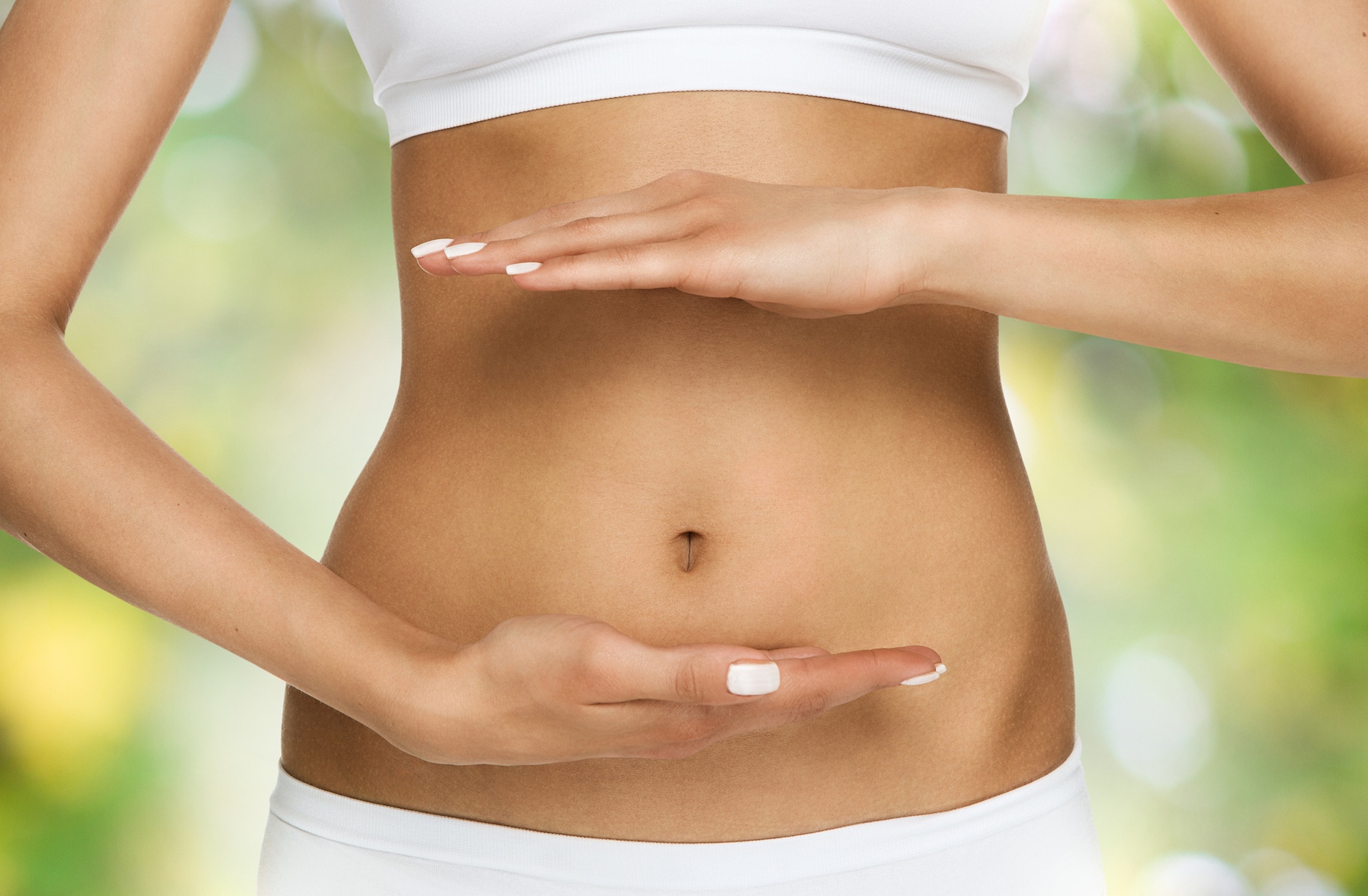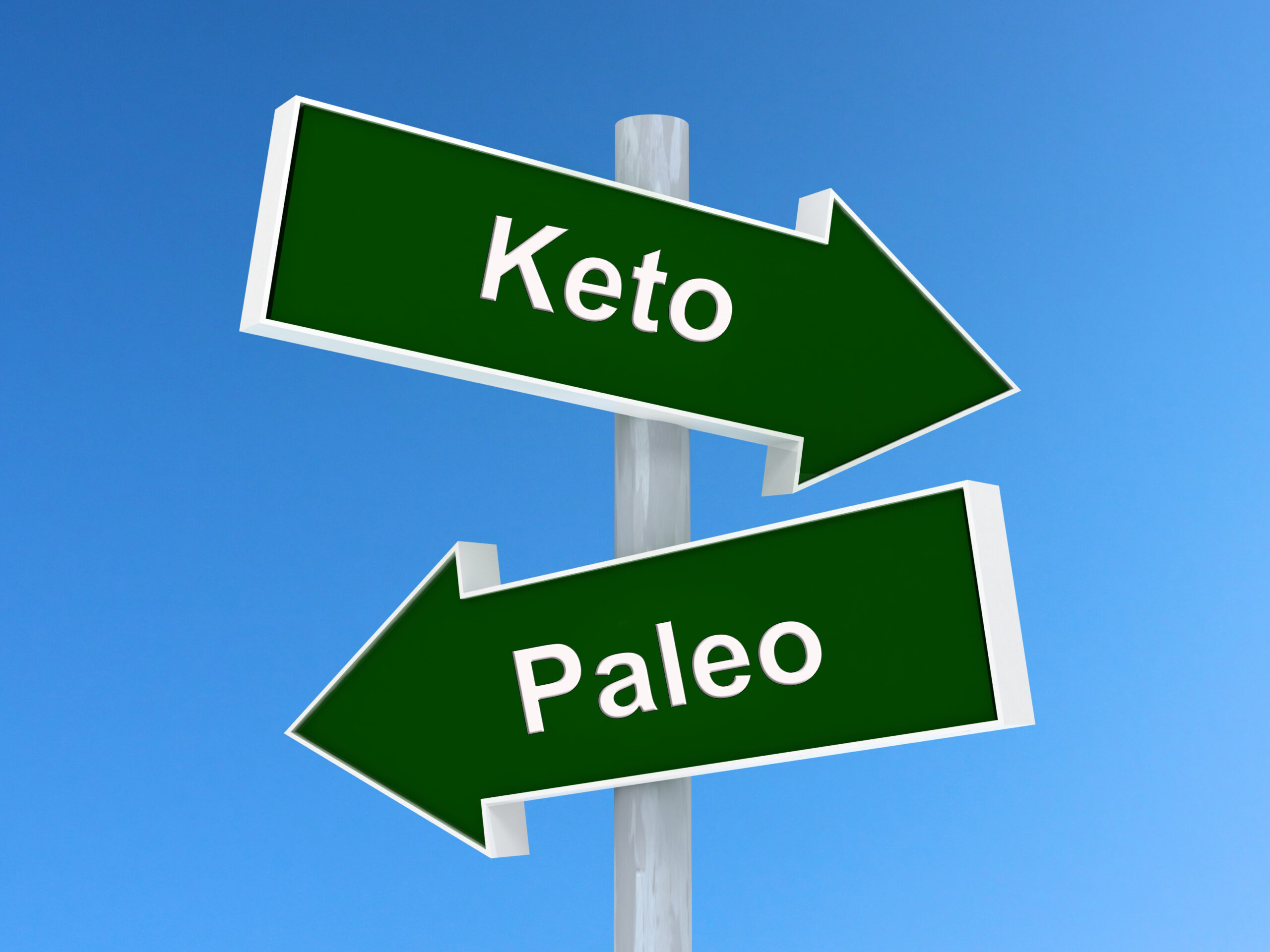We live in a world right now that is fully immersed in plastic and it’s only getting worse. Have a look around, plastic has been incorporated into almost every item we own. In fact, consumers use it so much, that 322 million tons of plastic was produced just last year alone. Our society has become so accustomed to using a lid, bottle, straw or wrapper once, only to throw it away immediately afterwards. Unfortunately, many people are unaware of the actual damage that this product has on our planet and even our own personal health. Plastic was only introduced 50 years ago, but scientists have determined that it degrades at an alarmingly slow rate. This means that every single item of plastic that has ever been produced is actually still existing in present day. In just one year, the amount of discarded plastic could circumnavigate the planet four times.
Sadly, however, the majority of it is ending up in the ocean. Currently millions of tons of bottles, lids and packaging are floating around in convergences where marine life often become entangled in this waste and are confusing it for food and ingesting it. Reports of whales, sea turtles and fish being found with plastic around or inside of their body are steadily increasing and just last year there was an estimated 1 million plastic related deaths to seabirds.
The Biological Effects of Plastic
However it’s not only fish who are taking the damage, us humans are feeling it too. With our food and drink products having such a common and close relationship to plastic, medical professionals are now showing researched evidence that our bodies are actually absorbing this poison. Bisphenal A, or BPA, is a chemical used in the manufacturing of plastic. Lab studies show that 93% of adults over the age of 5 have BPA in our bodies right now. Though it may be too soon to tell, researchers are beginning to deeply assess the way plastic absorption has affected our hormones, organ function and cellular chemistry. It can be upsetting to take in all this information but it’s not too late to start making a difference. That is why, here at Eatology Hong Kong we are taking a stand. You won’t find any of our healthy meals in plastic containers as we have banned the use of it in our daily operation. All of our packaging is made from plants. This packaging is better for your health and better for our earth, as the PLA lining significantly reduces carbon emissions 72% less than plastic production.
What is PLA?
PLA or Polyalctic Acid is a type of biodegradable thermoplastic. It is a environmentally conscious material that is derived from nature’s own sugar cane. Eatology has found that this is a much more sustainable solution for our meal plan packaging. While regular plastic can take up to 1000 years to break down, the average PLA package can be composted and fully degraded only 3-6 months. Eatology prides itself on delivering a healthy meal for a healthy life, so why not do the same for our planet? The war against plastic is a tough one, but here in Hong Kong we can begin the fight together. Together we can achieve a better body, a better mind and a better planet.


